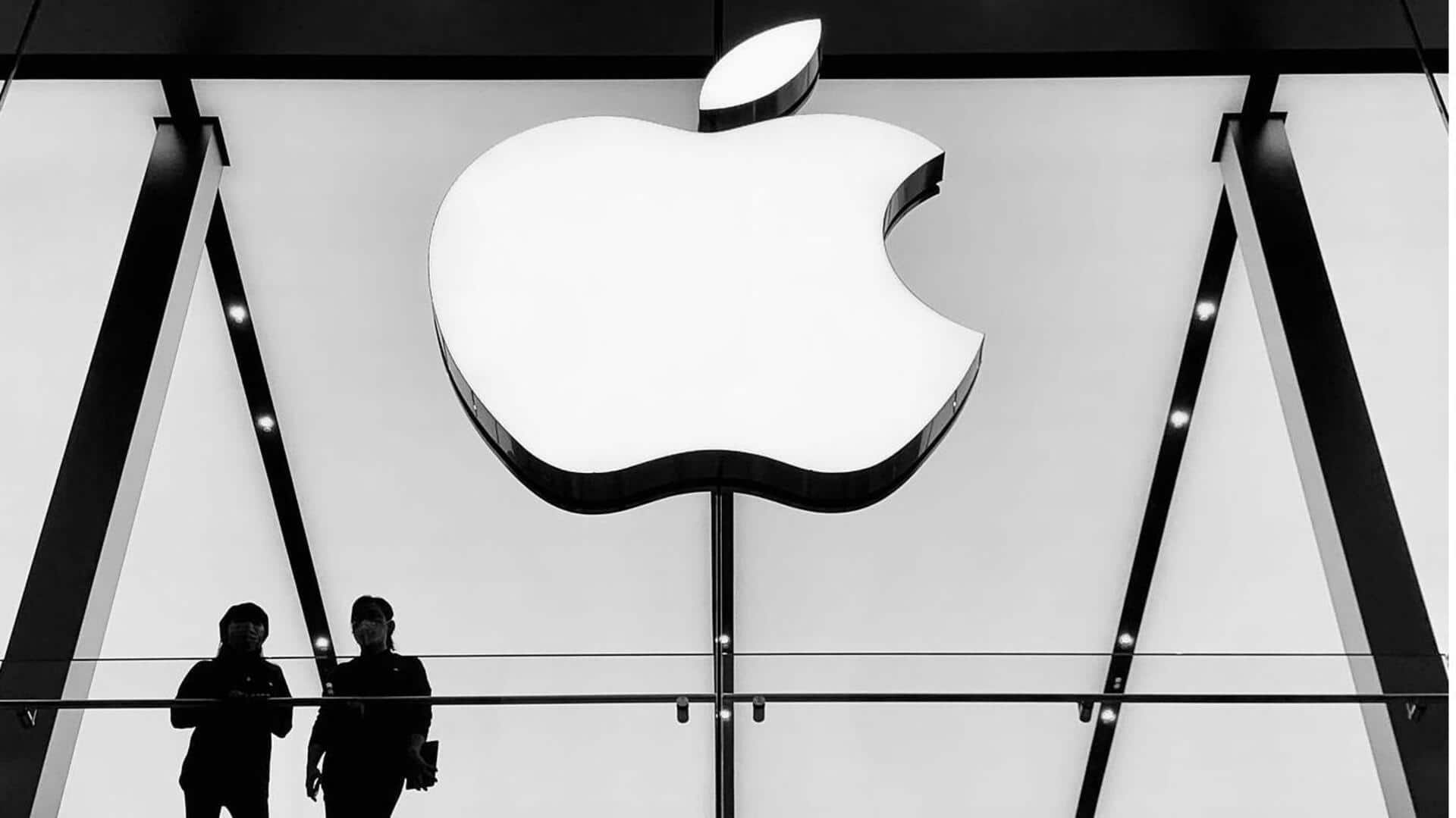
Why US government is preparing to sue Apple
What's the story
The US Department of Justice (DOJ) is reportedly on the brink of launching a lawsuit against tech giant Apple, citing antitrust law infringements. Bloomberg reported that the lawsuit, which accuses Apple of preventing competitors from utilizing specific hardware and software elements of its iPhone, could be filed as soon as tomorrow. This marks the third antitrust lawsuit by the DOJ against Apple in 14 years. However, it's the first one alleging the company of unlawfully preserving its market dominance.
Accusations
Apple faces accusations of limiting competitor access
While the exact charges against Apple are yet to be clarified, hardware manufacturers such as smart tracker producer Tile have previously expressed dissatisfaction with Apple's restrictive policies. The firms claim that Apple has obstructed their ability to leverage iPhone's sensors while creating rival products. Interestingly, Apple unveiled AirTags, a product akin to Tile's offering, several years after Tile's product launch.
Apple's response
Apple's rebuttal to antitrust accusations
Apple has justified its practices by asserting that it limits access to certain user data and specific iPhone hardware features by third-party developers for privacy and security purposes. In February, Apple delegates met with Justice Department representatives in a bid to dissuade them from initiating the antitrust lawsuit. However, the company has also been criticized for restricting access to an iPhone chip that facilitates contactless payments, permitting credit cards to be added exclusively through Apple Pay.
Apple's other clashes
Apple's conflict with other tech titans
Beyond the potential DOJ lawsuit, Apple is also entangled in an antitrust conflict with Fortnite video game creator Epic Games. Meta, Microsoft, X, and Match Group are supporting Epic Games in its fight against Apple's new fee on payments processed outside the App Store. The brief submitted by these tech titans challenges Apple's decision to charge 27% fee on purchases outside of the App Store, a move made in response to the European Union's Digital Markets Act (DMA).